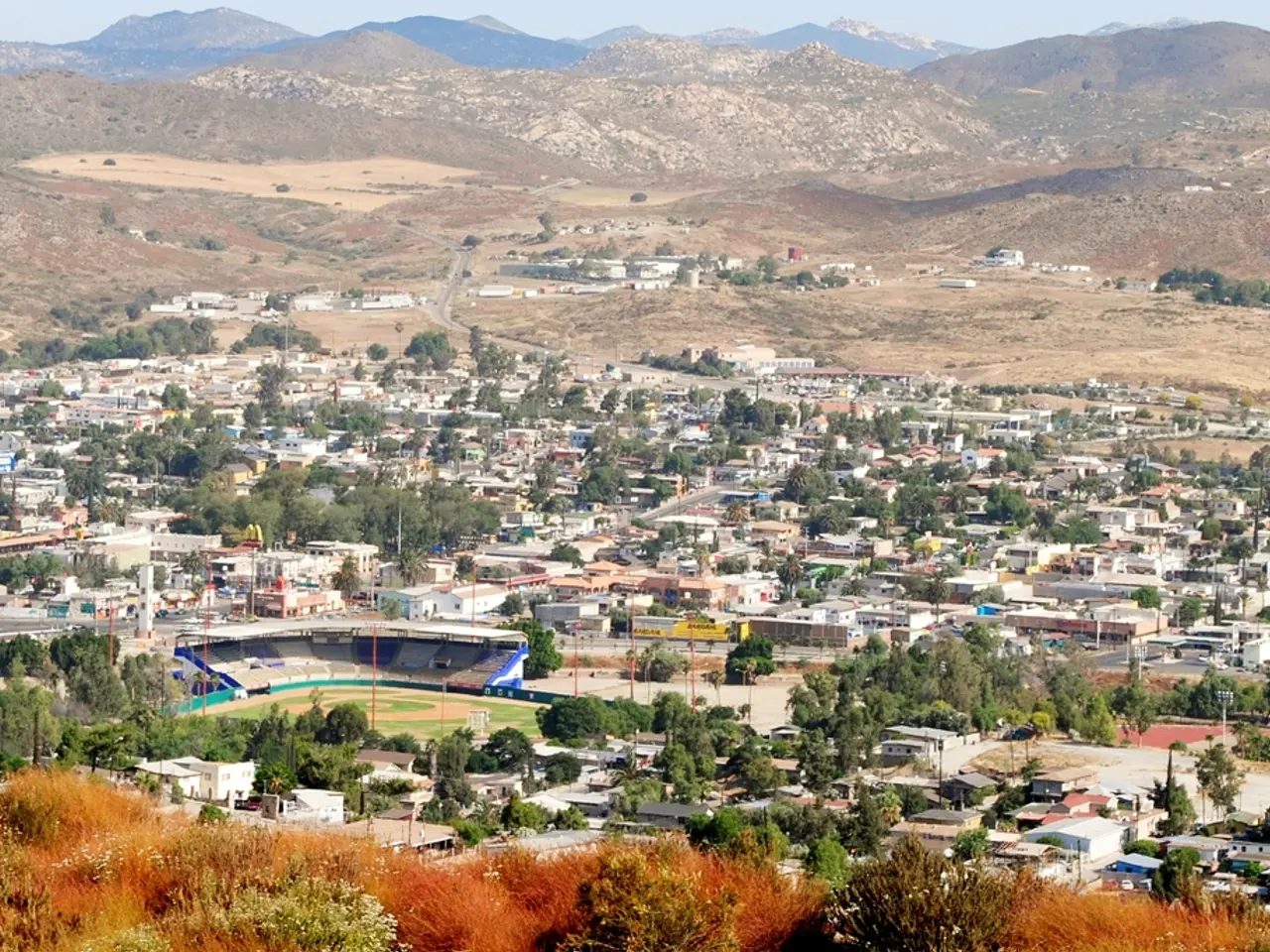Portugal's Political Shift: Centrist Control Frays, Far-Right Emerges Victorious
A New Era in Portuguese Politics: The Rise of Populist Forces
The 2025 Portuguese elections saw a significant shift in the country's political landscape, with the far-right party Chega emerging as a major player. This surge was primarily due to widespread voter disillusionment with the political establishment, fueled by persistent corruption scandals, a severe housing crisis, and stagnant wages despite economic growth.
Key Causes
A high-profile political scandal involving conflicts of interest linked to the Prime Minister’s family business precipitated a government collapse, leading to snap elections that disrupted the traditional two-party dominance by the Socialist Party (center-left) and the Social Democratic Party/Democratic Alliance (center-right). The long-term stability of this duopoly was broken as Chega capitalized on anti-establishment sentiment.
Corruption scandals eroded trust in mainstream parties, while the housing affordability crisis and stagnant wages, especially affecting young voters, increased frustration with the status quo.
Consequences
The Democratic Alliance (AD), a center-right coalition, won the most seats (91) but failed to secure an outright majority (116 required). The far-right Chega party surged to second place, winning about 23% of the vote and 60 seats, becoming the largest opposition bloc and overtaking the Socialists, who fell to third place with 58 seats.
This election ended Portugal’s historical political duopoly, marking a significant realignment of the party system with the radical right gaining influential parliamentary presence for the first time. Increased political fragmentation and polarization can be expected as populist narratives gain parliamentary platforms.
The Economic Crisis and Chega's Response
The economic system in Portugal, and across numerous Western democracies, is failing to meet contemporary demands. Chega, capitalizing on economic frustration, transforms it into a culture war and offers no solutions, only scapegoats. The party's rise underscores the need for a profound reconstruction of the social contract, addressing issues such as securing access to housing as a right, redistributing economic and political power, and implementing realistic taxation on the concentration and accumulation of wealth.
Restoring the state's role as a guarantor of social justice is crucial in this reconstruction. The institutional left has failed to propose a viable alternative to the current economic system, leaving a void that populist forces like Chega are all too eager to fill. It is essential for progressive forces to propose comprehensive, realistic solutions to address the systemic issues causing voter disillusionment and the rise of populism.
[1] BBC News. (2025). Portugal elections: Far-right Chega party makes big gains. [online] Available at: https://www.bbc.com/news/world-europe-58108928
[2] The Guardian. (2025). Chega! Far-right party makes historic gains in Portugal's elections. [online] Available at: https://www.theguardian.com/world/2025/oct/04/chega-far-right-party-makes-historic-gains-in-portugals-elections
[3] The New York Times. (2025). Portugal's Elections: A Historic Defeat for the Socialist Party and a Victory for the Democratic Alliance. [online] Available at: https://www.nytimes.com/2025/10/04/world/europe/portugal-election.html
Social rights, such as access to affordable housing, are increasingly becoming a centerpiece for the debate in Portuguese politics, especially after the rise of the populist Chega party, highlighting the need for policy-and-legislation changes that address these issues. The precarious economic situation in the country, exacerbated by political corruption and disharmony within traditional parties, has led to a growing polarization of opinions and politics, as seen in the general news reports following the 2025 elections.







